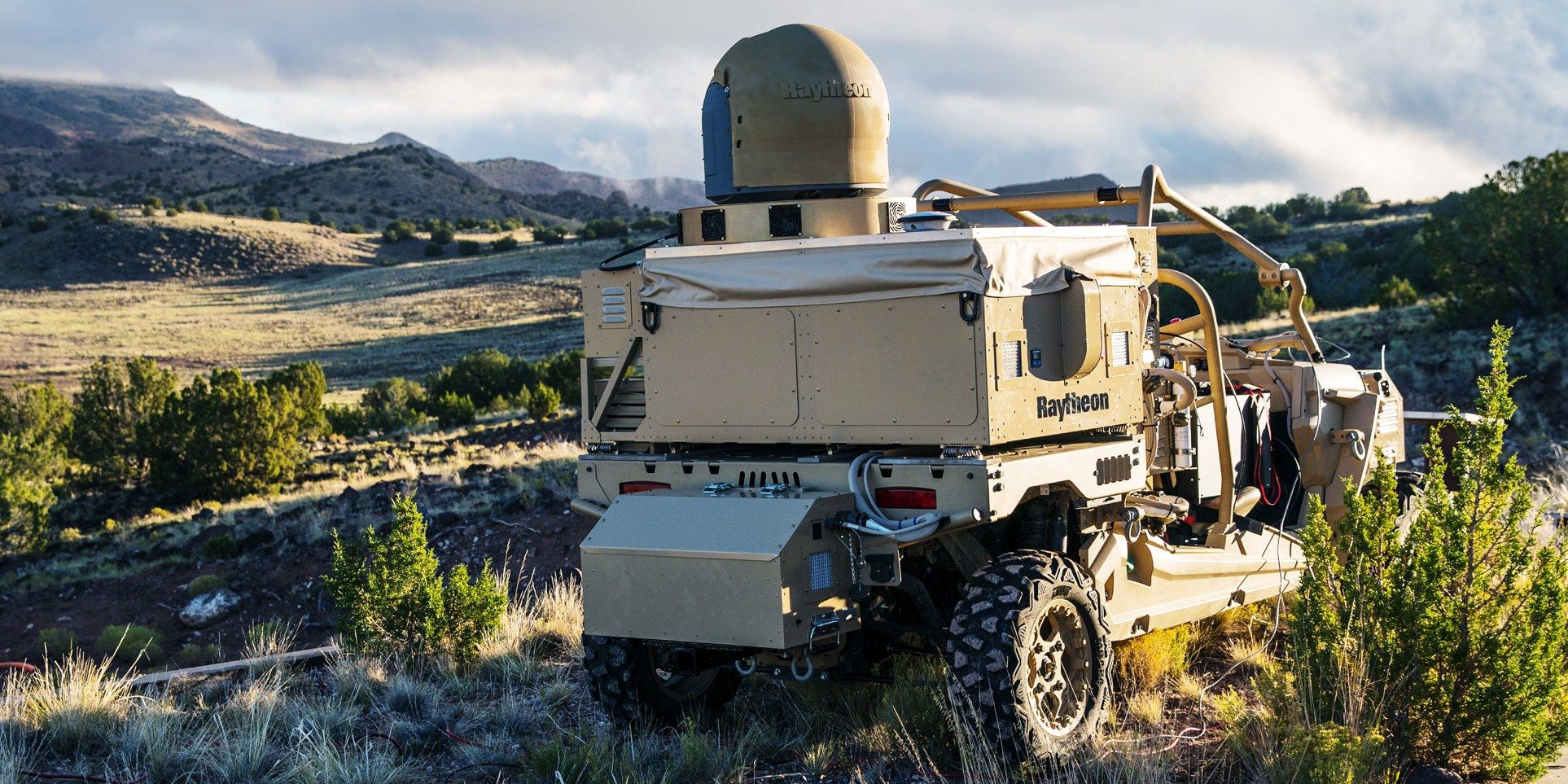While the world is fixated on its nuclear missiles, North Korea has also developed a cyberattack program that is stealing millions and unleashing havoc.



Military applications of gene-altering technology must also be considered (Op-Ed by Tomasz Pierscionek)
Recent developments in the field of biotechnology have shown that mutations can be edited out of the human genome. What are the future implications of this research and will it be used to the benefit or detriment of society?
Last month, UK scientists performed gene-editing experiments for the first time in order to gain a greater understanding of how embryos develop, and it is likely researchers in other countries will soon follow suit.
UK law permits experiments to be performed on embryos that are no more than 14 days old and prohibits their implantation into a human host.

The future of military success will now be owned by those who conceive, design, build and operate combinations of information-based technologies to deliver new combat power. Caution, bureaucratic inertia, vested interest and institutional preference for evolution won’t work: this will only leave room for competitors to steal decisive advantage in the most challenging of competitions on Earth.
Unless the private and public sectors start sharing ideas, the UK will be left behind in the new arms race says former Joint Forces Command chief Richard Barrons.

WASHINGTON — General Atomics is better known for building Predator combat drones and mining uranium than building spacecraft, but that could change as the company develops an interest in building defense-focused cubesats.
Also in the realm of possibility: using expertise from building railguns to design a large, electromagnetic cannon as a means to orbit small satellites.
Nick Bucci, vice president of missile defense and space systems for General Atomic’s Electromagnetic Systems Group, said the company has built 11 cubesats for the U.S. Army over the past seven years, and is gradually becoming more and more invested in space.

With all the movies and TV shows currently streaming online, who has time to learn a new language or some other cognitive skill anymore? DARPA (the U.S government’s Defense Advanced Research Projects Agency) has been working on the ultimate cheat code for brains that would cut down the time needed to acquire knowledge and complete skill training. The program was not named after any of the characters from The Matrix, but it probably should have been.
According to Futurism, DARPA announced the Targeted Neuroplasticity Training (TNT) program back in 2016. In theory, DARPA would develop technology that would stimulate peripheral nerves to release more neuromodulators (brain chemicals) including acetylcholine, dopamine, serotonin, and norepinephrine. The chemicals would activate synaptic plasticity and the brain would be trained to process information for cognitive skills more quickly. The stated goal of TNT is to speed up training processes for military personnel and in turn reduce costs and improve results. “DARPA is approaching the study of synaptic plasticity from multiple angles to determine whether there are safe and responsible ways to enhance learning and accelerate training for skills relevant to national security missions,” said TNT Program Manager Doug Webe, in a press release. But the technology could be used for much cooler applications, like teaching me Jiu-jitsu or how to fly a helicopter in a matter of seconds.

Washington (AP) — Seated before the grounded space shuttle Discovery, a constellation of Trump administration officials used soaring rhetoric to vow to send Americans back to the moon and then on to Mars.
After voicing celestial aspirations, top officials moved to what National Intelligence Director Dan Coats called “a dark side” to space policy. Coats, Vice President Mike Pence, other top officials and outside space experts said the United States has to counter and perhaps match potential enemies’ ability to target U.S. satellites.
Pence, several cabinet secretaries and White House advisers gathered in the shadow of the shuttle at the Smithsonian Institution’s Steven F. Udvar-Hazy Center to chart a new path in space — government, commercial and military — for the country. It was the first meeting of the National Space Council, revived after it was disbanded in 1993.

Looking back at vintage conceptions of the future can be interesting. Most depictions of the 2000s that were rendered in the 1800s or early 1900s come off as whimsical, because they’re so off-target. Illustrators in the past were often focused on transportation, military tactics, and domestic life, and they predicted everything from whale buses to Fallout -esque fashion. Some illustrated predictions, however, are eerily accurate.
In 1963, science fiction author Hugo Gernsback posed for Life Magazine wearing a fake mock-up of a tool featured in one of his stories. He called the contraption “TV glasses”. Considering them now, they look a lot like an oculus rift. Hugo told Life that users would one day watch television on screens so close to their eyes that they felt immersed in the action, effectively predicting the media’s recent preoccupation with virtual reality.
No one’s sure if Hugo also predicted immersive “action” of the pornographic kind, but that’s what technology’s up to now.
The military wants to “network everything to everything,” which sounds a bit like the setup for the Terminator franchise.
Service chiefs are converging on a single strategy for military dominance: connect everything to everything.
Leaders of the Air Force, Navy, Army and Marines are converging on a vision of the future military: connecting every asset on the global battlefield.
That means everything from F-35 jets overhead to the destroyers on the sea to the armor of the tanks crawling over the land to the multiplying devices in every troops’ pockets. Every weapon, vehicle, and device connected, sharing data, constantly aware of the presence and state of every other node in a truly global network. The effect: an unimaginably large cephapoloidal nervous system armed with the world’s most sophisticated weaponry.